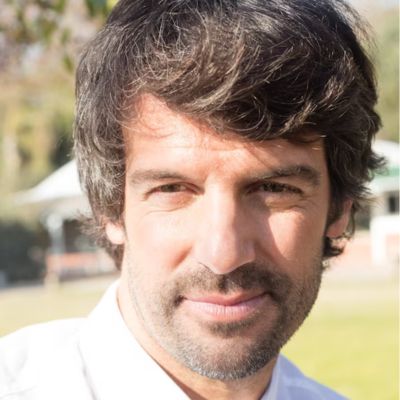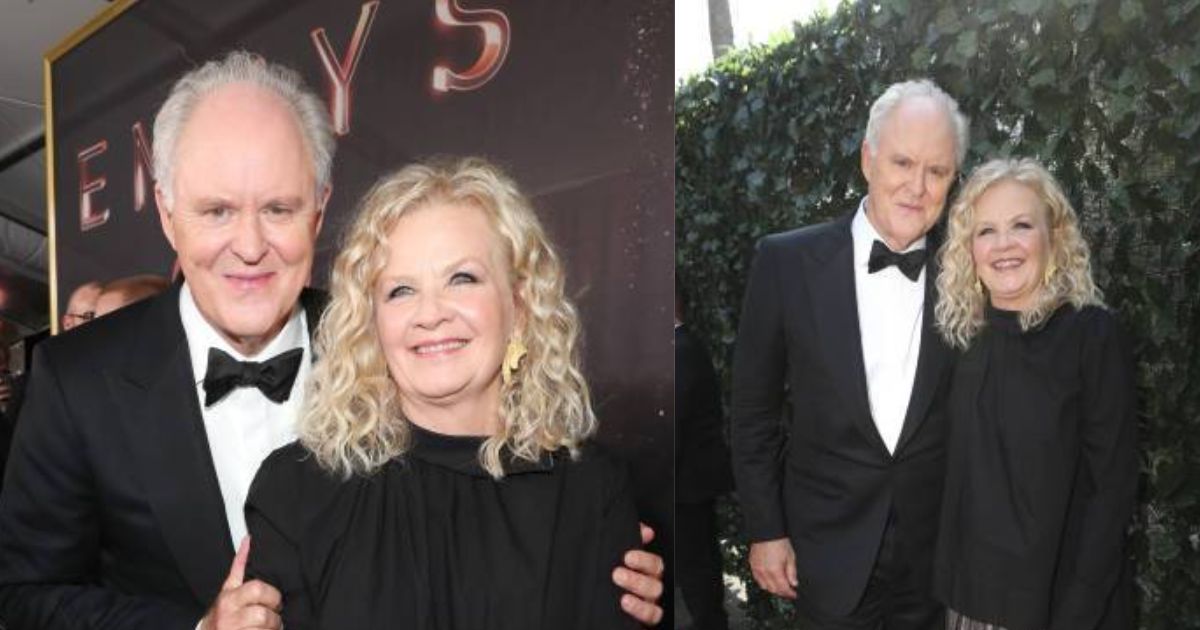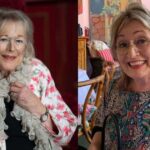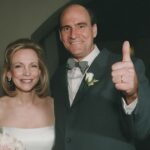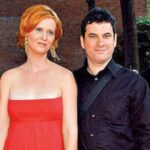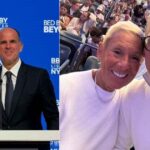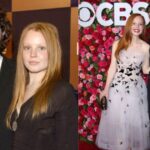Mary A. Yeager spent her career in university lecture halls, not Hollywood parties. She became Professor Emerita of Business and Economic History at UCLA after earning her PhD from Johns Hopkins University in 1973. Her work reshaped how scholars think about women in capitalism, industrial regulation, and climate policy.
Most people recognize her as actor John Lithgow’s wife since 1981. But her identity exists completely separate from entertainment. She built a 40-year academic career studying meat-packing monopolies, feminist economics, and global business systems while maintaining almost total privacy.
Mary Yeager Quick Bio Summary
| Name | Mary A. Yeager |
| Born | 1945 |
| Profession | Historian, Business Scholar, Professor Emerita of Business and Economic History at UCLA |
| Education | PhD in Economic History, Johns Hopkins University (1973) |
| Notable Work | Competition and Regulation (1981), Women in Business trilogy (1999) |
| Research Interests | Business history, gender studies, feminist economics, climate and global capitalism |
| Spouse | John Lithgow (married 1981) |
| Children | Phoebe Yeager (b. 1982), Nathan Yeager (b. 1983) |
| Public Presence | Maintains privacy, no social media accounts |
| Legacy | Pioneering work on women in business and global perspectives in business history |
Early Life and Montana Roots
Mary Yeager keeps her early years private. Born in 1945 according to Wikidata, almost nothing public exists about her childhood or family. John Lithgow mentioned in a People Magazine in interview “she is from Montana,” though no specific town appears in any records.
The Montana connection came up when Lithgow recalled their 1980 meeting. He arrived to pick her up at Montana Street and Harvard Avenue. The coincidence struck him as meaningful at the time, as reported by People.com in March 2025.
Public records do not provide personal details such as her height or early adult life, reflecting her choice to maintain privacy. This absence reflects a choice—she never sought public attention. Her professional world stayed rooted in research libraries and academic conferences, far from celebrity culture.
Academic Foundation and PhD Work
Mary Yeager earned her undergraduate degree before entering Johns Hopkins University for doctoral studies. She completed her PhD in 1973 under the supervision of noted economic historian Louis Galambos. Her dissertation focused on business and economic history, setting the direction for her entire career.
Johns Hopkins in the early 1970s was a hub for economic history research. Working with Galambos gave her access to cutting-edge methods in studying industrial organization. This training shaped her approach—combining archival work with theoretical frameworks about how markets actually function.
Mary Yeager Building a Career at UCLA
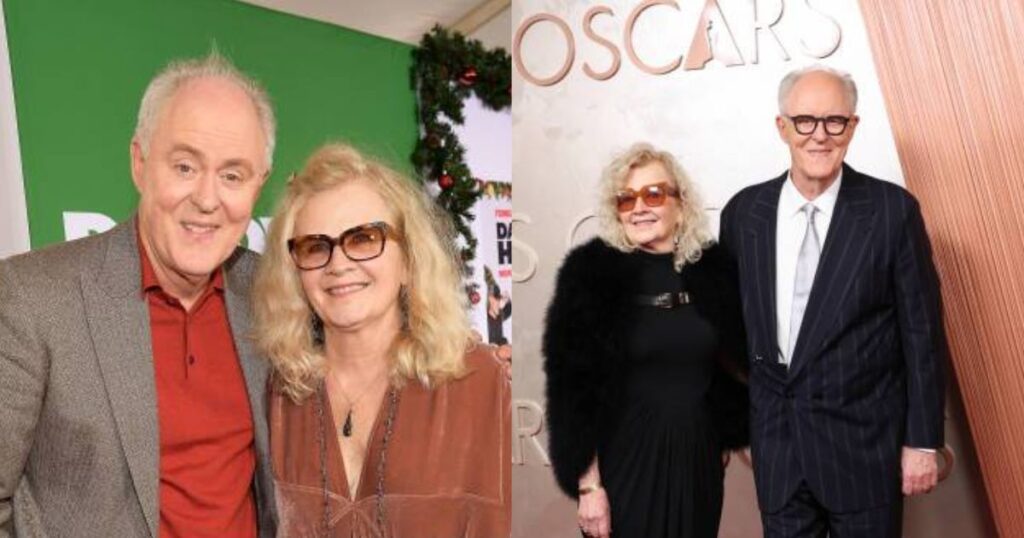
Mary Yeager joined the History Department at UCLA, where she taught for decades. She rose to full professor and eventually became Professor Emerita of Business and Economic History. According to UCLA departmental records, she also served as Director of Graduate Studies for a period.
Her teaching covered graduate seminars on business-government relations, the history of capitalism, and women and work. Students remember her courses as rigorous and archive-heavy. She supervised numerous PhD dissertations in business history and related fields.
The UCLA role gave her a platform to shape the field itself. She trained a generation of scholars who went on to teach at universities across the U.S. and Europe. Her influence extended beyond her own publications into the students who carried her methods forward.
Read Also: Jack Dafoe: Environmental Attorney Beyond Hollywood’s Spotlight
Groundbreaking Research on Industry and Regulation
Yeager’s first major book appeared in 1981: “Competition and Regulation: The Dynamics of Oligopoly in the Meat Packing Industry, 1870-1920, according to UCLA Department of History.” The work examined how a few large companies dominated meat processing during America’s industrial boom. She used archival sources to show how oligopoly power actually worked on the ground, not just in theory.
The meat-packing focus wasn’t random. This industry shaped labor conditions, consumer prices, and regulatory debates for half a century. Yeager’s analysis revealed patterns that applied to steel, oil, and other concentrated industries—making the book influential beyond its specific topic.
She contributed articles to peer-reviewed journals including Business History Review, Enterprise & Society, and Journal of Economic History. These pieces appeared throughout the 1980s and 1990s. Each added detail to her larger argument: that understanding business history requires looking at power, gender, and regulation together.
Women in Business: A Landmark Trilogy
In 1999, Mary Yeager edited and published “Women in Business” in three volumes. The trilogy became a foundational resource in feminist economics and corporate leadership studies. It appears on university syllabi worldwide and remains cited in current research.
The work compiled case studies, historical analysis, and comparative research on women’s roles in business across cultures and time periods. Yeager didn’t just document women’s presence—she analyzed how gender shaped business structures themselves. This approach was less common in the 1990s, making the trilogy ahead of its time.
Business schools and history departments both use the volumes. That cross-disciplinary reach shows how Yeager bridged gaps between fields that often don’t talk to each other. Her ability to write for both economists and historians expanded the conversation about gender and capitalism in ways purely theoretical work couldn’t.
Mary Yeager Leadership in Business History Circles
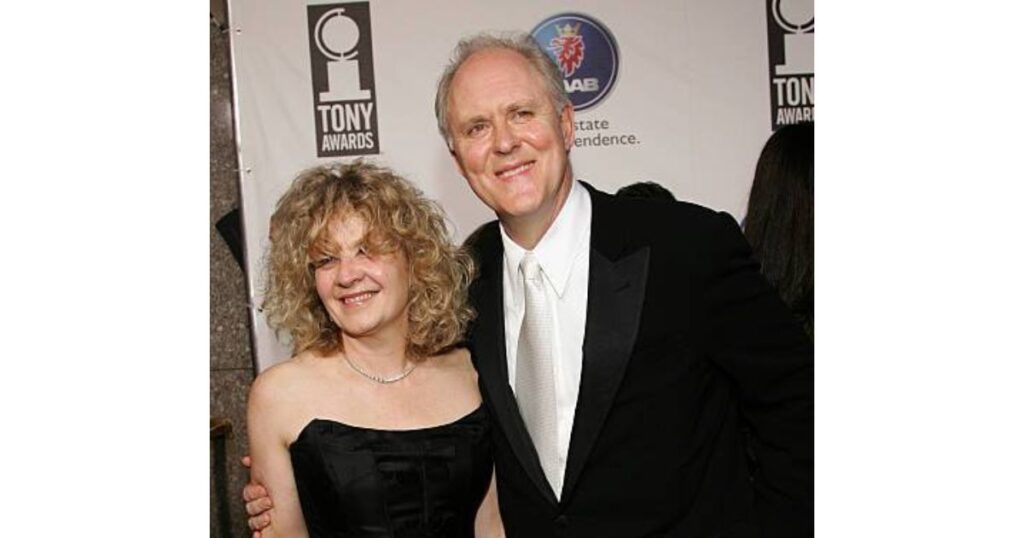
Yeager served on the Business History Conference (BHC) Program Committee multiple times over her career. She gave keynote speeches at international business history events throughout the 1990s and 2000s. These roles positioned her at the center of transatlantic academic networks.
In 2015, she became President of the joint European/American Business History Conference. She delivered a presidential address in Miami titled “Women Change Everything.” The talk synthesized decades of her research into a clear argument: ignoring women’s economic roles distorts our entire understanding of how capitalism developed.
The presidency marked the peak of her institutional influence. She used the platform to push for more comparative work between U.S. and European business historians. Colleagues remember her tenure as focused on expanding whose stories get told in business history.
Read Also: Danny Kirkpatrick: Artist, Father, and Compton’s Tattooing Pioneer
Later Career: Climate, Capitalism, and Global Systems
After 2000, Yeager’s research shifted toward global capitalism and climate change. She began examining how environmental policy intersects with corporate responsibility and economic history. Her listed research interests include “global capitalism and climate change” and “linkages between gender, feminism and business.”
This wasn’t a random pivot. She saw climate policy emerging as the next major site where government, business, and social movements would clash—similar to the regulatory battles she’d studied in the 1870-1920 period. The historical parallels interested her: how societies decide when markets need limits.
She contributed to academic discussions about climate-related legislation and gender roles in environmental movements. Even after retiring from full-time teaching, she continued writing and attending conferences. That ongoing engagement reflects genuine intellectual curiosity rather than career obligation.
Editorial Work and Scholarly Influence
Beyond her own books, Yeager served in editorial roles for Business History Review. She edited special issues on women in business and comparative industrial history. These positions let her shape what topics the field considered important.
She wrote introductory essays and reviews for academic anthologies on corporate organization and economic institutions. Her editorial judgment appears in business history society archives and book acknowledgments. Younger scholars often thanked her in prefaces for detailed feedback that improved their work.
Editing gives you power to set research agendas. Yeager used that power to make space for gender analysis and global perspectives in a field that had focused heavily on American corporate titans. The ripple effects show up in current business history journals, which now regularly publish feminist and transnational work.
Mary Yeager Marriage to John Lithgow
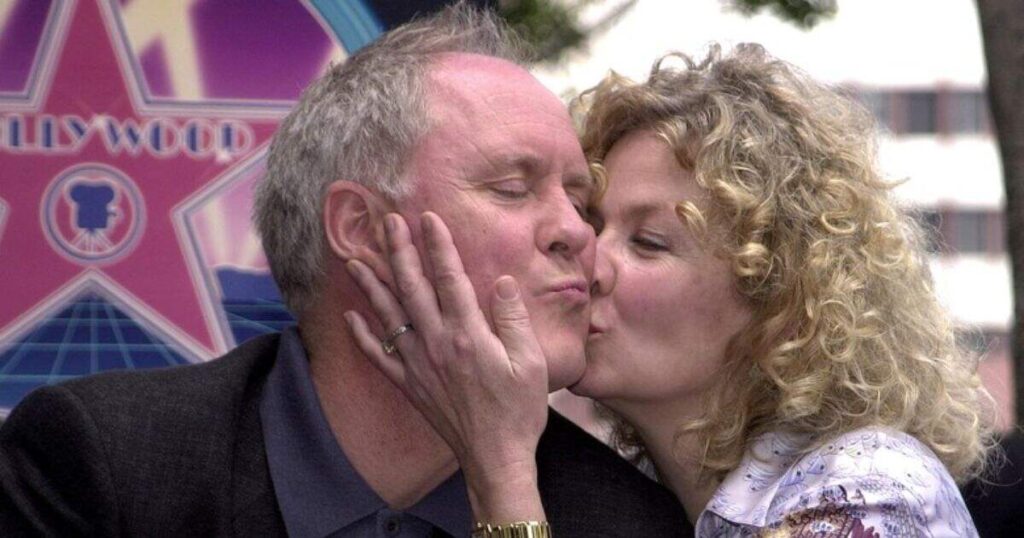
Mary Yeager met John Lithgow in 1980 through a mutual friend. They married in 1981 in what Lithgow later described as “an unlikely couple—professor and actor.” The marriage has lasted over 40 years as of 2025.
In a 2025 podcast, Lithgow said she travels more than he does in recent years for conferences and research. On the podcast in 2025, Lithgow said his wife Mary ‘travels more than I do,’ adding, ‘I’m a trailing spouse on many occasions reported by People.
The couple has two children together: daughter Phoebe (born June 28, 1982) and son Nathan (born September 13, 1983). Lithgow also has a son, Ian, from a previous marriage. Phoebe attended Harvard University, and Nathan works as a musician and composer with indie groups.
The “Nothing Useful” Gift Rule
One widely quoted story involves Mary’s rule about gifts, established early in the marriage. She told Lithgow: “Nothing useful.” He couldn’t give her practical items like kitchen appliances or tools.
Lithgow called it “the most romantic gift rule ever” in interviews. The rule forced him to think about pleasure, beauty, or sentiment instead of function. It’s a small detail that reveals her values—she wanted their relationship to prioritize meaning over utility.
The anecdote has appeared in multiple lifestyle articles about long marriages. It resonates because it’s specific and actionable—readers can apply the same rule. But it also shows Yeager’s personality: deliberate, clear about boundaries, and focused on what matters beyond the practical.
Mary Yeager Privacy and Public Profile
Mary Yeager maintains no public social media accounts. She has no Instagram, Twitter, Facebook, or TikTok presence. Her digital footprint exists only through UCLA directories, academic conferences, and scholarly archives.
This choice is rare for someone married to a celebrity. Most spouses of famous actors appear at events, give interviews, or build their own public personas. Yeager attended some National Book Awards and arts ceremonies with Lithgow but usually goes unidentified in photo captions.
The privacy isn’t accidental. She built a career that required deep research and slow thinking—the opposite of social media’s constant performance. Staying offline let her maintain the boundary between Lithgow’s public work and her academic identity.
Professional Recognition and International Reach
University records show Yeager received several research grants during her career. The exact titles aren’t fully public, but they supported archival work on industrial history. She participated regularly in research programs related to 19th and 20th-century business archives.
The European Business History Association (EBHA) invited her to speak at gatherings throughout the 2000s. These international talks raised her profile among European scholars. Business historians in Denmark, the U.K., and other countries cite her work in their publications.
Academic recognition often happens quietly—through citations, invitations, and graduate students choosing to work with you. By those measures, Yeager achieved significant influence. Her work shaped syllabi, conferences, and research questions across two continents.
Teaching Style and Graduate Mentorship
Former students describe Yeager’s seminars as demanding but rewarding. She assigned primary source documents—company records, government files, and personal papers. The goal was teaching students to build arguments from evidence, not secondary sources.
She supervised PhD theses that examined business-government relations, labor history, and corporate organization. Many of her students went on to faculty positions at research universities. That kind of influence doesn’t show up in citation counts but matters deeply to how a field develops.
Good mentorship compounds over time. Yeager’s students trained their own students, spreading her methods and questions through academic generations. Her teaching legacy lives on in the scholars she shaped and the questions they continue asking.
Mary Yeager Current Life and Continued Scholarship
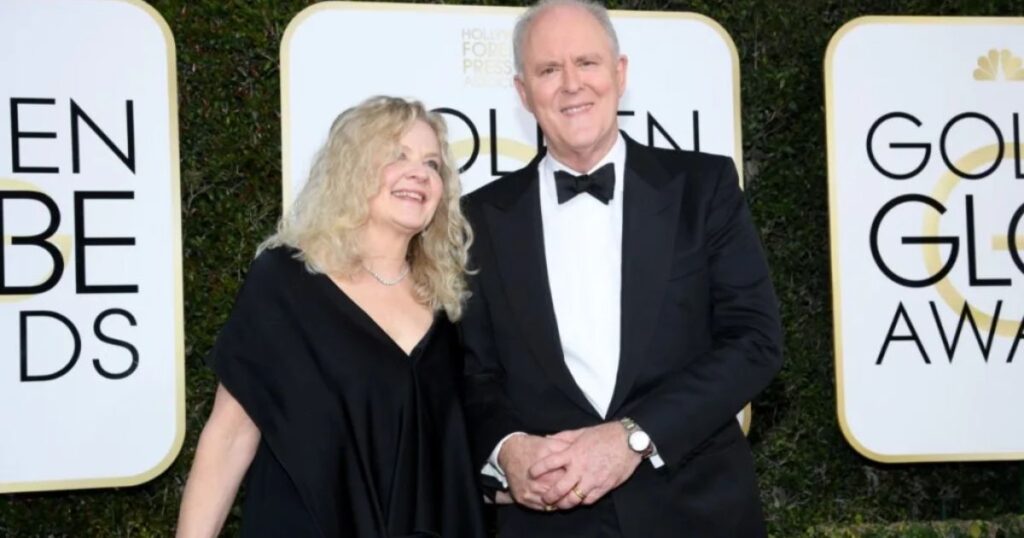
As of 2025, Mary Yeager is around 80 years old and formally retired from teaching. She holds the title Professor Emerita at UCLA. Lithgow confirmed she still researches, writes, and attends conferences.
Her current work focuses on global capitalism’s intersection with climate policy. She attends academic conferences and continues writing, though publication timelines aren’t public. The fact that she’s still active in her 80s speaks to genuine intellectual passion, not career obligation.
Many academics fade from the field after retirement. Yeager’s ongoing presence shows she’s there because she wants to be, not because she needs the institutional affiliation. Her continued engagement in research and conferences after retirement demonstrates a sustained commitment to scholarship rather than obligation.
Mary Yeager Financial Details and Net Worth
No credible public source estimates Mary Yeager’s personal net worth. Her income came from university salary, research grants, and book royalties—none of which are publicly disclosed. Academic salaries at UCLA for full professors vary widely but aren’t publicized individually.
John Lithgow’s net worth is estimated at approximately $50 million by Celebrity Net Worth. That figure reflects his five-decade acting career, not Mary’s academic earnings. Any attempt to attribute his wealth to her would be speculative and inappropriate.
Financial privacy is standard for academics. Unlike actors or business executives, professors don’t face public scrutiny about earnings. Yeager’s lack of disclosed net worth simply reflects normal academic privacy norms.
Legacy in Business History and Gender Studies
Mary Yeager’s lasting contribution is expanding business history to include gender and global perspectives. Before her work, the field focused heavily on male executives and American corporations. She showed that understanding capitalism requires studying who gets excluded and how women navigate hostile business environments.
Her “Women in Business” trilogy remains a starting point for researchers. The 2015 “Women Change Everything” address synthesized her career-long argument. Younger scholars now take for granted that gender matters in business history—an assumption Yeager helped establish.
Academic legacy is hard to measure but shows up in what becomes common sense. The fact that business history now routinely includes gender analysis reflects decades of work by Yeager and scholars like her. That shift didn’t happen naturally—it took deliberate research, writing, and institutional positioning.
The Professor-Actor Marriage Dynamic
John Lithgow has described their relationship as unusually balanced given their different worlds. In interviews, he emphasizes that Mary’s work is as demanding and meaningful as his own. The “trailing spouse” joke reflects real adjustments—he now follows her conference schedule as much as she followed his film shoots.
The marriage works partly because both have separate, serious careers. Neither is an accessory to the other’s professional life. That mutual respect for each other’s work shows up in how Lithgow talks about her—always mentioning her scholarship first, not just her role as his wife.
Long marriages between people in very different fields face unique challenges. They don’t share workplace culture, colleagues, or daily rhythms. But they also avoid competition and bring different perspectives home, which can strengthen the relationship if both partners genuinely value the other’s world.
Lesser-Known Facts About Mary Yeager
Mary Yeager’s professional name in academic records is Mary A. Yeager, though the middle initial’s meaning isn’t publicly documented. She studied under Louis Galambos, one of the most influential economic historians of the late 20th century. Her dissertation work in the early 1970s came during a period when women were still rare in PhD programs.
She never wrote a memoir or gave extended personal interviews about her life. All public information about her comes from academic directories, conference programs, or comments by John Lithgow. This makes her one of the more private figures connected to Hollywood.
Her children took different paths—Phoebe to academia and Nathan to music. Neither pursued acting despite their father’s career. That suggests Mary’s influence shaped household culture as much as John’s celebrity world did.
Read more updates stories on storiesradius.
FAQ’s about Mary Yeager
What is Mary Yeager’s age?
Mary Yeager was born in 1945, making her approximately 80 years old as of 2025.
How did Mary Yeager meet John Lithgow?
They met in 1980 through a mutual friend and married in 1981.
Does Mary Yeager have children?
Yes, she and John Lithgow have two children: daughter Phoebe (born 1982) and son Nathan (born 1983).
Is Mary Yeager still teaching at UCLA?
No, she retired from teaching and holds the title Professor Emerita but continues researching.
What is Mary Yeager famous for?
She’s known for her groundbreaking work in business history, gender studies, and feminist economics.
Does Mary Yeager have social media?
No, Mary Yeager maintains no public social media accounts and keeps a private profile.
